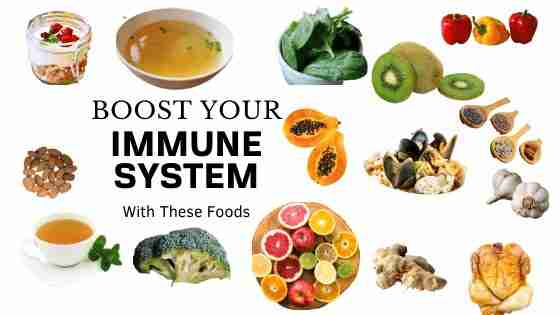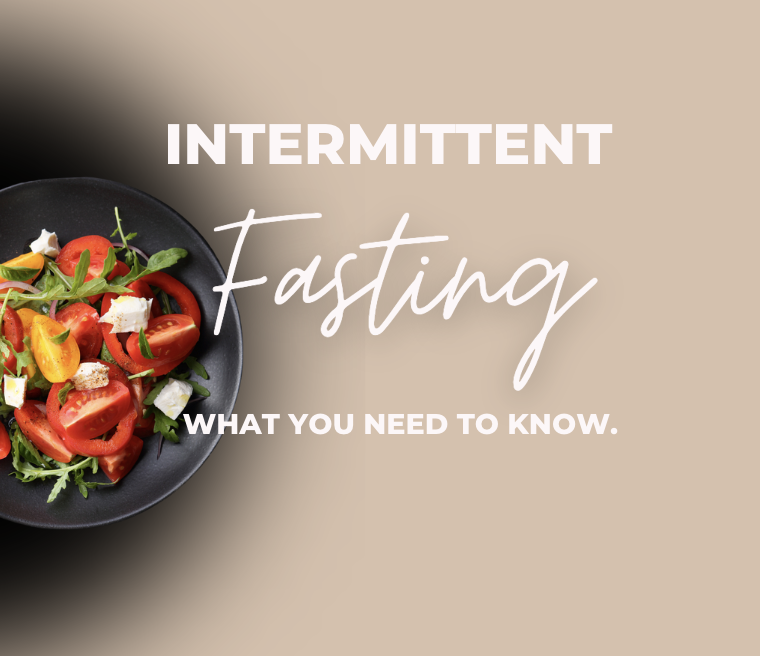15 Best Immune Boosting Foods & Supplements
15 Best Foods & Supplements To Boost Your Immune System
As I cautiously entered the grocery store, I beelined directly to the dietary supplement aisle to buy vitamin C and zinc. The supplement shelf was completely disheveled with an empty shelf where the vitamin C was once displayed. Not surprised. With fears over Covid-19 people are trying to do everything they can to boost their immune systems. There are 15 foods that are proven to boost your immune system, these are the foods we should be eating right now.
The “immune boosters” market includes vitamins, probiotics, minerals, antioxidants, and “whole foods”. A study based on the US National Health and Nutrition Examination Survey showed that over 50% of the US population reported using supplements. As people panic about Covid-19 , taking extra vitamin C and zinc is a great idea. It’s important to keep in mind however that supplements aren’t intended to substitute for food. They can’t replicate all the nutrients and benefits of whole foods, such as fruits and vegetables but supplements work well when we need that extra boost.
With that in mind, we must all remember to revert to the basics of healthy eating, getting rest, exercise (check out these quick fat burning work outs you can do from home) to boost our immune systems. It’s one way we can be positively productive during this difficult time.
BOOST Your Immune System With These Foods & Supplements
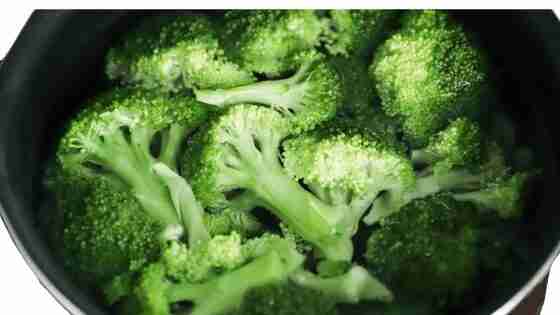
1. Broccoli
Did you know that broccoli is loaded with vitamins and minerals such as A, C, and E, as well as many other antioxidants and fiber, broccoli is one of the healthiest vegetables you can eat. Eating broccoli raw is much better for you. The more you cook broccoli, the more you lose the essential vitamins and minerals.
How to eat more raw broccoli:
- Save the stalks after cutting the buds for pasta salads or garnishes. Julienne the broccoli stalks, cutting them to a size resembling cole slaw shreds. Add shredded carrots, green onions and then top it with a light dressing and seasonings. Serve broccoli slaw as a side dish or in vegetable wraps or pocket sandwiches.
- Cut broccoli into small, manageable sizes just below the buds. Add them to a vegetable platter with celery, carrot, pepper and zucchini sticks. Dip them in a light ranch dressing or yogurt-based dip for added flavor

2. Yogurt
Yogurt has a bad rap these days for individuals who are lactase intolerant. However, yogurt that have “live and active cultures” printed on the label, like Greek yogurt stimulate your immune system. It’s the cultures that may trigger your immune system to help fight diseases. Yogurt can also be a very good source of vitamin D, so try to select brands fortified with vitamin D. Vitamin D helps regulate the immune system and is thought to boost our body’s natural defenses against diseases.
How To eat More Yogurt
- Mixing fresh fruit with yogurt in a smoothie is a clever way to add natural sweet flavor without adding excess sugar.
- Yogurt’s tang makes a nice dip for a variety of items.
- Yogurt makes for an ideal creamy salad dressing.

3. Garlic
According to the National Center for Complementary and Integrative HealthTrusted Source, garlic has antibacterial, antiviral, and anti-fungal properties. The antiviral properties may be helpful in reducing the severity of colds, flu or COVID-19 infections.Garlic’s immune-boosting properties come from a heavy concentration of sulfur-containing compounds, such as allicin. If you do catch a cold, garlic can shorten the duration of it. If you do try garlic supplements, be mindful that the one you choose contains the active ingredients contained in real garlic.
How to eat more garlic:
- Mixing chopped or minced garlic with fresh tomatoes and basil. Use this delightful mixture on top of pasta, bread, or a salad.
- Adding garlic to salsa or guacamole.
- Making pesto.
- Slicing garlic onto a salad.
- Spreading minced or crushed garlic on toast and topping it with a slice of tomato.
- Blending a tomato, lemon, and garlic juice.
- Combine all ingredients in a clean jar and shake well.
- You can make your own salad dressing by mixing olive oil, balsamic vinegar, and dried herbs. Mix in freshly chopped garlic and pure honey to help balance the tartness and add more nutrition.

4. Citrus
We all know that we reach for vitamin C after we have caught a cold. That’s because it helps build up your immune system. Vitamin C is thought to increase the production of white blood cells. These are key to fighting infections.
Popular citrus fruits include:
- grapefruit
- oranges
- tangerines
- lemons
- lime
5. Red Peppers
If you think citrus fruits have the most vitamin C of any fruit or vegetable, think again. Ounce for ounce, red bell peppers contain twice as much vitamin C as citrus. I know right? They’re also a rich source of beta carotene. Besides boosting your immune system, vitamin C helps maintain healthy skin.
How to eat more red peppers:
- Eat raw green bell peppers with low-fat ranch dressing or hummus for a nutritious snack.
- Add chopped bell peppers to spaghetti sauce or your favorite lasagna recipe. Stir chopped green bell peppers into scrambled eggs or layer raw strips of the pepper onto a lean turkey or chicken sandwich. Include green bell peppers in vegetable, chicken noodle or minestrone soup.
- The peppers complement the taste of chili as well. Scatter pieces of raw green bell pepper over a tossed green salad or add to pasta salad.
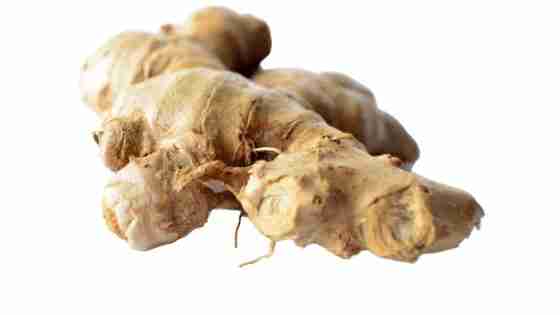
6. Ginger
Ginger root has a potent anti-inflammatory and immune-boosting properties.
Ginger is another ingredient many turn to after getting sick. Ginger may help decrease inflammation, which can help reduce a sore throat and other inflammatory illnesses. Ginger may also help decrease nausea.
Ginger root has a potent anti-inflammatory and immune-boosting properties.
Ginger is another ingredient many turn to after getting sick. Ginger may help decrease inflammation, which can help reduce a sore throat and other inflammatory illnesses. Ginger may also help decrease nausea.
How to add more ginger in your diet:
- Add raw ginger to homemade salad dressing for tangy salad. A simple way to make salad dressing is to use ¼ cup of oil and ¼ cup of vinegar. You can use various oils and vinegars according to your taste. For instance, for an Asian dressing, try rice vinegar and olive oil. Add the oil and vinegar to your food processor or blender, and put in a 1-inch chopped piece of ginger. Add other seasonings, such as salt, pepper, soy sauce, or garlic, as you like. Blend until the dressing reaches your desired consistency.
- Stir-fry- You can also add ginger to stir-fries. It pairs well with carrots, broccoli, onions, garlic, mushrooms, bean sprouts, and many other vegetables.
- Crystalized ginger- sweet treat.
- Eat Kimchi-Ginger – a spicy Korean vegetable dish featuring cabbage. YUM!
- Soup! – Fresh ginger, grated or pureed, gives soup a fun zest to hot, creamy winter soups. Try this Indian-spiced carrot soup with ginger or this sweet potato soup with miso and ginger.
- Ginger tea can be a great stimulant in the morning and can give a kick without added caffeine. It is worthwhile to add ginger to your diet because of its health benefits.
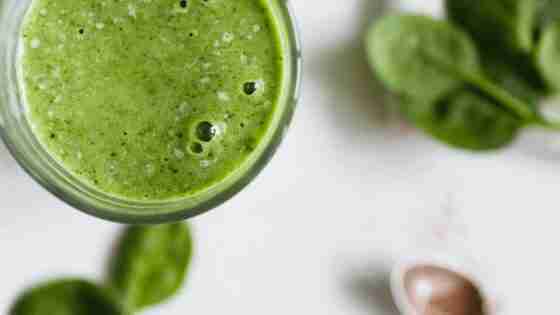
7. Spinach
Popeye had it going on with his spinach!
Spinach is rich with vitamin C and packed with numerous antioxidants and beta carotene, which may increase the infection-fighting ability of our immune systems. Similar to broccoli, spinach is healthiest when it’s cooked as little as possible so that it retains its nutrients.
How to eat more spinach:
- Smoothies: spinach may be added to all number of smoothie combinations to make a super food breakfast. Try it with fruit such as mango, berries, or orange and pineapple juice for a sweeter combination.
- Salads: a small amount of baby spinach is always delicious mixed with other salad greens, nuts and fruits!
- Lightly wilted: quickly wilting spinach over the stop top is perfect for a warm spinach salad, or delicious on its own, or with a bit of bread, with a bit of olive oil and garlic. Don’t forget a dash of salt!
- Slightly boiled: boiling your spinach for even just one minute maximizes health benefits and then makes it a really easy addition to pastas, on top of potatoes, you name it. Spinach and tomato sauce is one of my favorites!
8. Almonds
When it comes to preventing and fighting off colds, vitamin E is another important vitamin following vitamin C. However, vitamin E is key to a healthy immune system. It’s a fat-soluble vitamin, meaning it requires the presence of fat to be absorbed properly.
Nuts, such as almonds, are loaded with the vitamin and also have healthy fats. A half-cup serving of almonds, provides nearly 100 percent of the recommended daily amount of vitamin E.
Almonds make the perfect snack or added in salads or baked dishes.

9. Tea
Both green and black teas are filled with flavonoids, a type of antioxidant. However, green tea is superior with its levels of epigallocatechin gallate, or EGCG, another potent antioxidant. EGCG has been shown to enhance immune function. The fermentation process black tea goes through destroys a lot of the EGCG. Green tea, on the other hand, is steamed and not fermented, so the EGCG is preserved.
Green tea is also a good source of the amino acid L-theanine. L-theanine may aid in the production of germ-fighting compounds in your T-cells.
- Add powdered tea to softened butter to make a savory spread. It may sound strange but it’s delish!
- Cook grains and noodles in tea instead of stock.
- Use powdered tea as a rub to infuse meats with unexpected flavor.
- Make tea infused dairy to use in cream sauces for pasta and rice dishes.
- Add powdered tea to shortbread dough to make tea cookies.
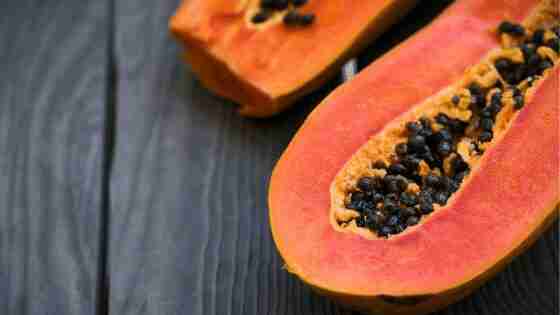
10. Papaya
Papaya is another fruit loaded with vitamin C. You can find 224 percent of the daily recommended amount of vitamin C in a single papaya. WOWZA! I had no idea!!! Papayas also have a digestive enzyme called papain that has anti-inflammatory effects.
Papayas have good amounts of potassium, B vitamins, and folate, all of which are beneficial to your overall health.
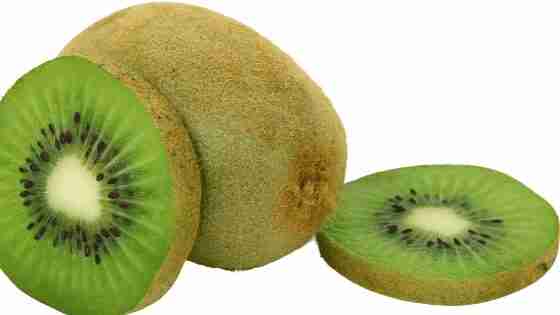
11. Kiwis
Like papayas, kiwis are naturally full of a lot of essential nutrients, including folate, potassium, vitamin K, and vitamin C. Vitamin C helps fight infection, by boosting white blood cells.
These fuzzy little pal are loaded with nutrients that can help fight off disease, lower blood pressure and cholesterol, boost energy and help keep you healthy … all in a fruit that’s fun and flavorful!
12. Poultry
Grandma knew someting when she made chicken noodle soup for you when you were sick. Chicken soup appears to help fight colds, according to several studies. It helps clear nasal congestion as well as thin mucus so you can better cough it up. In addition, research shows it may have a mild anti-inflammatory effect than can help ease symptoms.
Poultry is high in vitamin B-6. B-6 is vital to the formation of new and healthy red blood cells. Stock or broth made by boiling chicken bones contains gelatin, chondroitin, and other nutrients helpful for gut healing and immunity. About 3 ounces of turkey or chicken meat contains 40-50 percent of your daily recommended amount of B-6.
Cooking Poultry
The type of method to use for cooking poultry depends on the bird. Young poultry is best for roasting, broiling, and frying. Older poultry requires braising or stewing methods. Either way, slow, even heat should be used for tender, juicy, evenly done poultry. Do not overcook; it results in tough, dry meat.
13. Sunflower Seeds
Sunflower seeds are full of nutrients, including phosphorous, magnesium, and vitamin B-6. They’re also incredibly high in vitamin E, a powerful antioxidant.
Vitamin E is important in regulating and maintaining immune system function. Other foods with high amounts of vitamin E include avocados and dark leafy greens. I love adding sunflower seeds on top of my soups and salads.
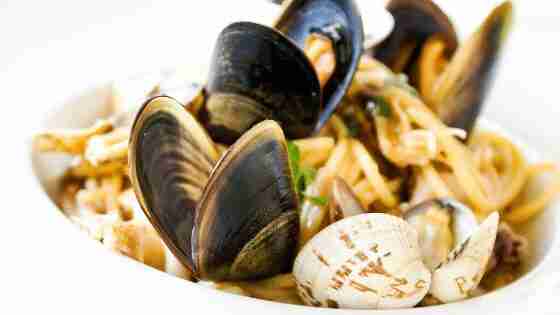
14. Shellfish
Select shellfish boosts your immune system, because it is packed with zinc.
Zinc doesn’t get as much attention as many other vitamins and minerals, but our bodies need it so that our immune cells can function as intended.
Varieties of shellfish that are high in zinc include:
- crab
- clams
- lobster
- mussels
Keep in mind that you don’t want to have more than the daily recommended amount of zinc in your diet.
15. Miso Soup
Documentation of the use of these ingredients as medicine dates as far back as the 3rd or 4th century, when the famous Chinese doctor Ge Hong (283–343 CE) included them in his medical handbook, ‘Emergency Formulas to Keep Up One’s Sleeve’.
Miso is a salty paste made from fermented soybeans. It is rich in probiotics that are beneficial for gastrointestinal health and boosting the immune system. Sipping a cup of miso soup is a great way to introduce beneficial food-based probiotics into the GI track.
The soup is most effective in this capacity when taken at the very onset of a cold… just as indications such as a mild fever, slight chills, headache, and stuffy nose first appear.
It is important that the soup be taken immediately, within just 4 – 6 hours of the appearance of the first signs of a cold coming on. The soup can help to knock out the cold during this early stage, but any later, once the cold has further developed, is too late, and other cold remedies will be required.
Proven Supplements To Take To Boost Your Immune System
- Elderberry Berry Dosage: 80 grams of elderberry fruit, 50 grams of the more concentrated elderberry juice, or 5 grams of the most concentrated elderberry crystals daily. Elderberry is a shrub that has been used medicinally for centuries. Extracts of elderberry have antiviral, anticancer, and anti-inflammatory properties. Some studies suggest elderberry extract reduces the duration of the flu. If it works for flu infections, it may help your immune system against coronavirus (COVID-19) infection.
- Vitamin C For adults, the recommended daily amount for vitamin C is 65 to 90 milligrams (mg) a day, and the upper limit is 2,000 mg a day. Although too much dietary vitamin C is unlikely to be harmful, megadoses of vitamin C supplements might cause: Diarrhea. Nausea. Vomiting.
- Zinc Zinc is known to support our immune system. “Zinc affects multiple aspects of the immune system including the innate (natural or inborn) immunity, neutrophils (white blood cells that fight pathogens, and NK (natural killer) cells. Macrophages—the body’s first-line defense system—can be [negatively] affected by zinc deficiency,” shares Donese Worden, NMD, Board-Certified Physician and Adjunct Faculty Member at Arizona State University. “Zinc lozenges taken within 24 hours of the first signs of cold symptoms may decrease the duration of the cold at greater than 75 milligrams per day for adults,” advises Worden, who says continuing to take a daily dose of 75 milligrams while you have a cold is ideal.
- Vitamin D It is recommended that individuals get 1000 IU of vitamin D per day during the cooler months to ensure you’re getting enough year-round.
“A BMJ meta-analysis found that taking vitamin D supplements decreased the risk for respiratory infections,” Bell says. In lieu of a supplement, you can get the nutrient naturally in vitamin D-rich foods like mushrooms, egg yolks, fatty fish and products fortified with vitamin D, such as plant-based milk and cereals.
- Tumeric Dosage: 500 milligrams of turmeric per day
This potent root in the ginger family is well worth incorporating into your anti-cold-and-flu routine. “Turmeric has anti-inflammatory properties to help reduce all-over body inflammation, antibacterial and antiviral properties which help fight off colds and flu and it helps improve the immune system,” says functional and integrative medicine physician Yeral Patel, MD.
Stay healthy out there guys. Take care!
Latest Posts
Bourbon- Glazed Salmon
45 Inspirational And Encouraging Quotes For Women
5 Unique Glamping Options For The Ultimate Adventure
9 Ways to Design A Home With A Coastal- Hampton Vibe
Benjamin Moore’s 12 Timeless Proven Coastal Paint Colors
The Best Books For Kids About Racism For All ages
10 Ways To Be Proactive and Stand-Up For Social Justice Everyday
7 Ways To Help Your Children Embrace Racial Differences
Gal Pal Circle Spotlight- Interview With Chris Bear

